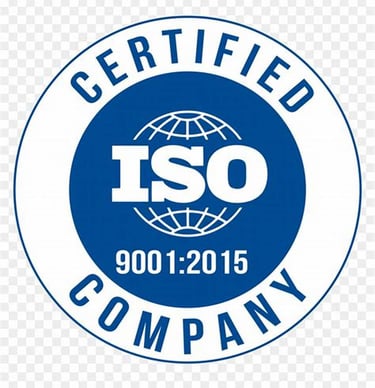Q: Have you resolved the issues associated with accounting for Scope 3 reductions with respect to your solution?
A: Not yet, it is a challenging issue as can be seen in recent reports.
Q: How will the carbon saving be monetized and distributed?
A: Monetization of the carbon saving is currently uncertain. When it becomes certain we will work through its distribution.
Q: How much carbon will you save?
A: One of the questions is whether our products are used to displace other Alt Proteins (soy, wheat, pea. mycelium) or to supplement meat. and which types (e.g., beef versus pork). The impact of this is profound (>10x) in terms of CO2 equivalents avoided through the farm-to-fork supply chain. We need data on this which is as yet unavailable.
Also, when vegetables decompose, they produce CO2 and also methane (CH4). Methane is a potent greenhouse gas. While specific figures for vegetables rotting in the field are not available, general estimates for food waste decomposition suggest emissions can range from 0.5 to 1.5 kg of CO2e per kilogram. We need to quantify the difference in CO2 and methane output of a field harvested manually versus one harvested using Harvesta where the side stream has been taken. We do not yet have this data, but plan to obtain it. This may vary by geography, and potentially by year, so can only ever be an estimate.
Other questions include the percentage of Necta that is used for mycelium growth versus use in an AD plant, and the impact of this on CO2e.
In aggregate, there is s strong case that we should save >1kgCO2e for every kg we process (i.e., will be "Climate Positive"), and potentially several times this. Were we only to process the 300,000 tonnes of feedstock per annum that we have at Heads of Terms, there is the potential we could impact CO2e at a level of 00s of ktons per annum. Once we are at scale, we intend to achieve carbon reduction at the megaton level.
Q: Have you had an independent LCA?
Yes, we have had an independent LCA performed by the UK Agri-Tech Centre (see this graph). Our products came out better than the products we intend to displace, however the scope excluded the impact of methane emission reduction as this is yet to be characterised. This will further improve our LCA performance. In addition, the LCA results will allow us to further improve our process, so we expect enhanced results when we next have an independent LCA. Our latest LCA can be made available under NDA to partners during Due Diligence.
Q: Will you share your ethical supply chain data?
A: Transparency is important to us. While we plan to do this, we have yet to implement a platform to achieve it. With respect to the main areas of supply chain risk:
Labour Practices: We recognise that ensuring fair wages, safe working environments, and respecting workers' rights are critical. We note that we are operating in, and only intend to operate in, geographic regions where labour rights are generally well-respected.
Environmental Impact: Our mission is to reduce the environmental footprint of food, including deforestation, water usage, and greenhouse gas emissions.
Animal Welfare: By producing vegan alternative proteins, we avoid such issues, and we reduce the issues associated with animal welfare.
Food Safety and Quality: We acknowledge that ensuring that food products are safe and of high quality is a fundamental ethical responsibility. This includes preventing contamination and ensuring proper handling and storage throughout the supply chain. We are putting in place the relevant accreditations to demonstrate our commitment.
Sustainability & Impact
Get in touch
Keep updated
© 2024. All rights reserved.
+44 1952 327 357
welcome@upp.farm
Upcycled Plant Power ('UPP') Limited Company number: 14171122
VAT Number: 428 2222 17
Registered address:
Agri-Tech Centre
Poultry Drive
Edgmond, Newport
Shropshire
United Kingdom
TF10 8JZ
Connect with us
A list of our trademarks can be found here


